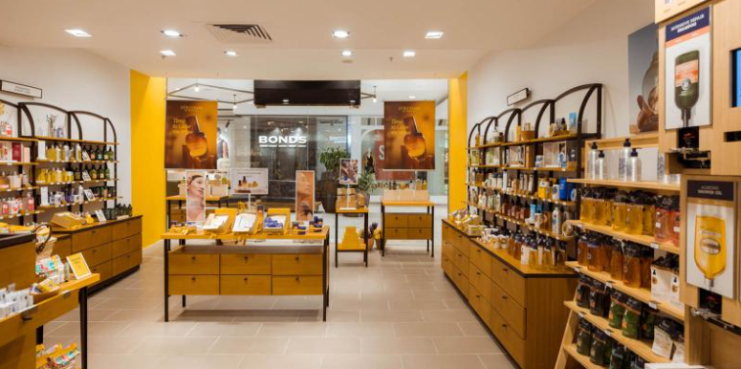L’Occitane share price soars as billionaire owner mulls deal to take business private

Luxury French skincare brand L’Occitane saw its share price jump 8.82 per cent this morning on the Hong Kong Stock Exchange following news its billionaire owner was mulling plans to take the business private.
Investment holding company L’Occitane Groupe, which is headed by Austrian billionaire Reinold Geiger, owns more than 70 per cent of the body and skincare retailer.
On Friday, it said it was contemplating a deal to take the business private, but was still “uncertain” whether or not this would happen.
Its stock was placed on a trading halt last week pending an announcement from the company in regards to the sale.
L’Occitane rebuffed media reports that the speculated price of the sale would be HK$35.00 per share, noting this figure was “false and without basis”.
“Any potential offer price, if the contemplated transaction proceeds to that stage, would be determined with reference to the undisturbed price of HK$20.95 per share,” the business said.
The personal care brand, which also owns brands such as Sol de Janeiro and Elmis, has performed well in recent months, reporting a 20.2 per cent hike in sales in the three months to June.
“L’Occitane’s shares have done pretty well since their float in Hong Kong back in 2010, rising from HK$15 to $27.75, a gain of some 85 per cent,” Russ Mould, investment director at AJ Bell, told City A.M.
“That is all the more impressive when set against the Hang Seng index, which has done precisely nothing over the same period, despite some big swings up and down, and it may be the poor performance of the benchmark that is niggling CEO and controlling shareholder Reinold Geiger,” he said.
He added: “He may be of the view that the stock’s domicile is hurting the share price, especially as L’Occitance’s forward earnings multiple in the mid-to-high-teens is much lower than that of European comparator Beiersdorf, whose stock trades on the Frankfurt exchanges and commands an earning multiple in the mid-twenties, even if the firms make a similar operating margin.”